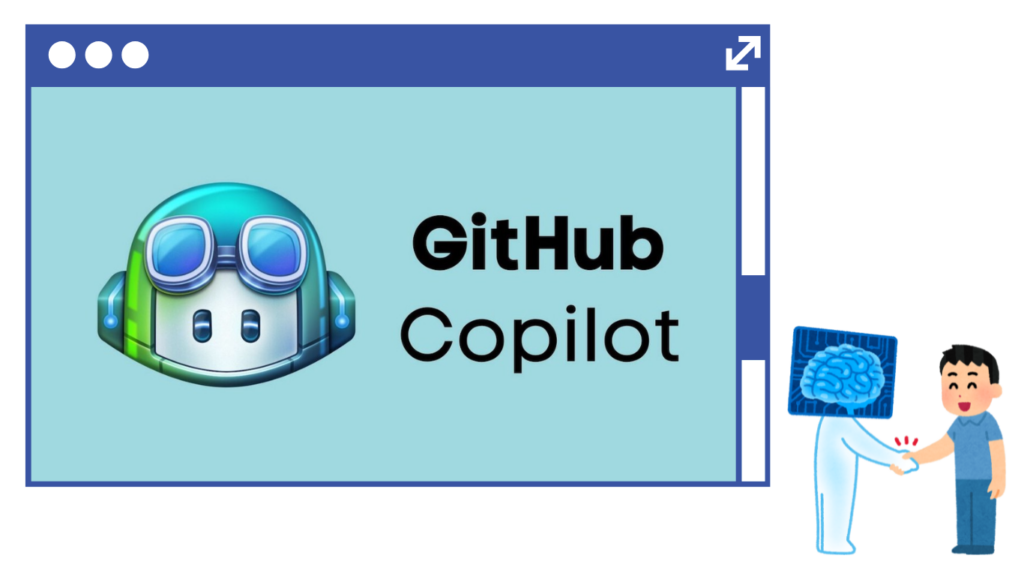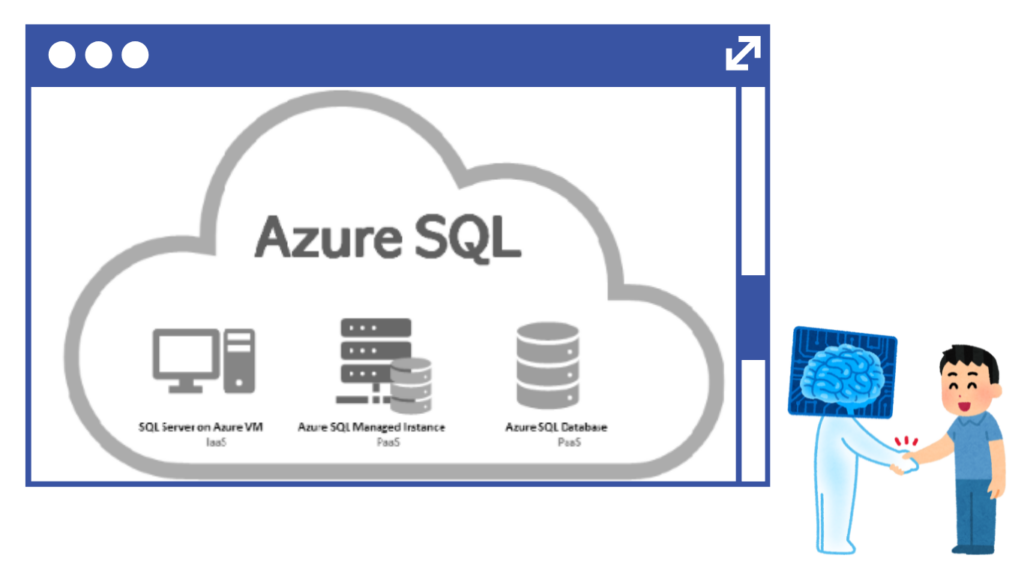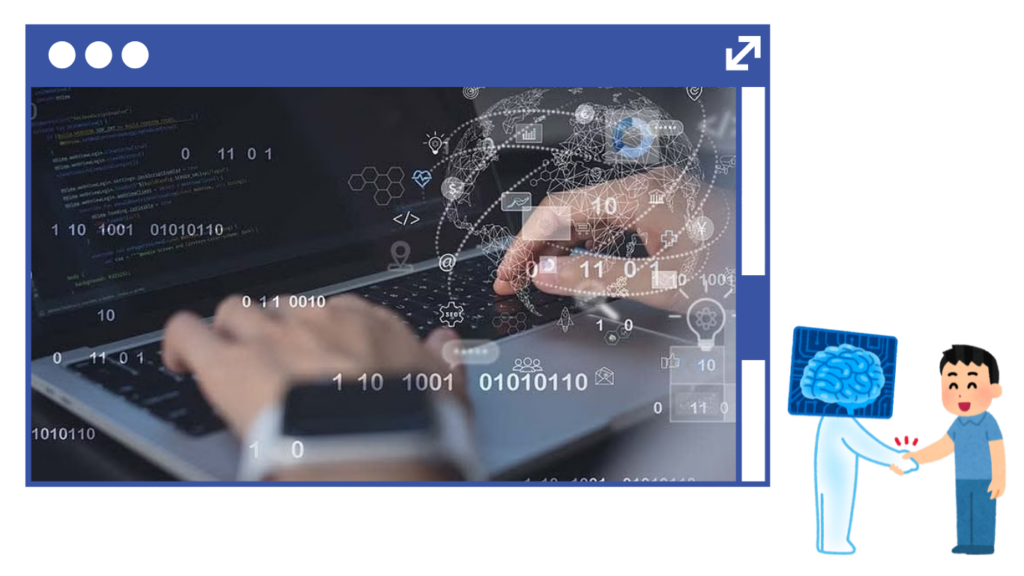GitHub Copilot, initially introduced as an AI-powered code completion tool, has now grown into a comprehensive AI assistant, revolutionizing the software development landscape. With its integration of third-party tools and services, Copilot is transforming into a marketplace of AI assistants, streamlining workflows, boosting productivity, and leveraging a broad ecosystem of specialized functionalities for developers.

Enhanced Capabilities Since Launch
Since its debut in 2021, GitHub Copilot has quickly gained popularity among developers. Initially focused on code auto-completion, Copilot has significantly expanded its capabilities. It now helps generate entire code snippets, aids in debugging, and understands complex codebases, making it an essential tool for modern software development.
Enterprise Adoption and Customization
Recently, I had the opportunity to meet Thomas Dohmke, CEO of GitHub, in Bengaluru, where he gave a keynote at GitHub Constellation. Dohmke’s insights shed light on how Copilot is shaping the future of coding assistance. He discussed how the extensive VS Code marketplace allows developers to extend Copilot’s capabilities with various extensions. This enhances functionality and aligns with Microsoft’s strategy of building robust ecosystems around their products. Integration with Microsoft tools like Azure further enhances Copilot’s utility, enabling seamless transitions between coding, testing, and deployment.

Dohmke also highlighted how enterprises are increasingly adopting AI coding assistants like GitHub Copilot. The ability to integrate with existing enterprise tools and workflows through Copilot Extensions is a major factor in its adoption. Enterprises can customize Copilot with their specific toolchains, making it adaptable to various development environments. This adaptability is crucial for large-scale applications where different teams might use a variety of tools.
Third-Party Integrations and the Partner Program
A significant advancement for GitHub Copilot is its integration with third-party developer tools through the GitHub Copilot Partner Program. This program allows partners to create plugins and extensions that seamlessly integrate with Copilot, expanding its functionality. The first phase of this program includes over 25 partners, such as Datastax, LaunchDarkly, Postman, Hashicorp, and Datadog. These integrations allow Copilot to handle tasks like database query optimization, feature flag management, and A/B test result analysis directly from the development environment.
Introducing GitHub Copilot Chat

The launch of GitHub Copilot Chat has taken its functionality to the next level. By integrating GPT-4, Copilot offers advanced logical reasoning and code generation. This has led to remarkable productivity gains, with developers reportedly coding up to 55% faster, and Copilot writing nearly half of the code. Copilot Chat brings an interactive, conversational UI directly into the development environment, allowing developers to interact with the AI assistant beyond just code generation.
Expanding the Ecosystem with GitHub Marketplace
The GitHub Marketplace now offers a variety of Copilot Extensions, making it easy for developers to access tools like Docker, Lambda Test, Stripe, and MongoDB. This ecosystem approach allows developers to customize their environments, integrating their preferred tools and services into Copilot’s AI-driven workflow. These extensions are available in the GitHub Copilot chat on GitHub.com, Visual Studio, and Visual Studio Code.
One notable extension is for Azure. Microsoft’s GitHub Copilot for Azure demonstrates how natural language can improve development velocity. Developers can ask questions about Azure services, run React apps, or choose the best Azure database for their needs. When ready to deploy, GitHub Copilot for Azure guides them through the steps to a successful launch.
Private Extensions for Enterprises
In addition to public extensions, organizations can create private Copilot Extensions for their internal tools. This customization is particularly beneficial for enterprises, allowing them to tailor Copilot to their specific needs and workflows.
The Future of GitHub Copilot
Thomas Dohmke’s insights underscore the transformative potential of GitHub Copilot. By enhancing integration and fostering a robust ecosystem, Copilot is poised to become an indispensable tool for developers worldwide. Its continuous evolution and expanded capabilities highlight GitHub Copilot’s commitment to driving innovation in software development.
In conclusion, GitHub Copilot’s evolution from an AI-powered code completion tool to a comprehensive AI assistant illustrates its potential to revolutionize software development. With ongoing advancements and integrations, Copilot is set to become a cornerstone of the developer toolkit, enhancing productivity and enabling developers to achieve more with AI-driven assistance.

Subtly charming pop culture geek. Amateur analyst. Freelance tv buff. Coffee lover
